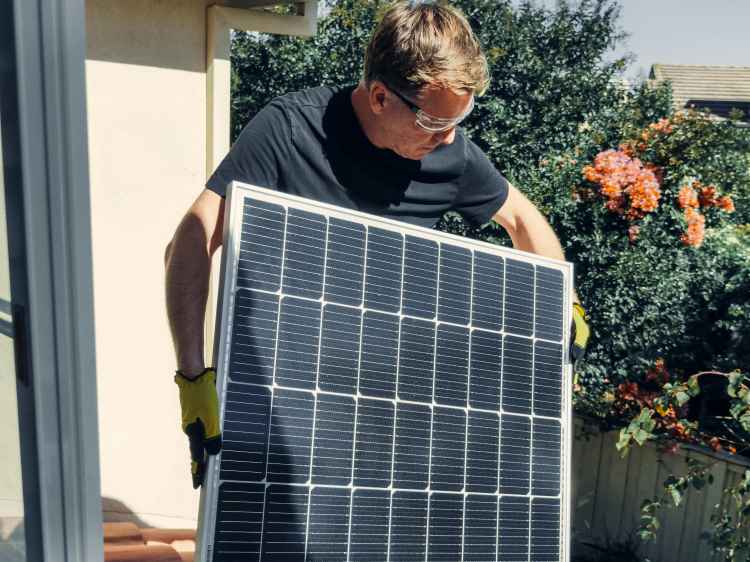Lithium-ion Battery Longevity: Easy Care Strategies for Extended Life

Common Questions and Answers:
Q1: How often should I check my Li-ion battery's health?
A good idea is to check your battery's health every 3 to 6 months. You should also check it if you see any significant changes in performance.
Q2: Can I revive a dead Li-ion battery?
A2: There are some ways to try to revive a dead Li-ion battery. However, it is usually not safe to do so. It's usually better to replace the battery.
Q3: Is it bad to leave my device plugged in all the time?
A3: Constant charging to 100% can stress the battery. Keeping the charge between 20-80% is best for optimal battery health.
Q4: How can I extend my Li-ion battery's lifespan?
A4: Avoid extreme temperatures, use original chargers, keep charge between 20-80%, and perform occasional full charge cycles.
Q5: Are all Li-ion batteries the same?
A5: Li-ion batteries work on similar principles, but they can differ in quality, capacity, and performance. The manufacturer and the intended use of the battery determine this variation.
Let's recap some key points:
Regular voltage checks (3.6V-4.2V per cell) can indicate battery health.
Physical damage, like swelling or cracks, is a clear sign of trouble.
Age matters - most Li-ion batteries last 2-3 years or 300-500 charge cycles.
Charging behavior can reveal underlying issues.
But how can we translate this knowledge into practical battery care?
Avoid extreme temperatures. Did you know that keeping a Li-ion battery at 77°F (25°C) instead of 104°F (40°C) can make it last 50% longer?
Keep your battery charged between 20% and 80%. Constant full discharges can reduce battery life.
Use original or high-quality chargers. Cheap, off-brand chargers can damage your battery over time.
Update your device's software regularly. These updates often include battery optimization features.
Perform occasional full charge cycles. This helps calibrate the battery meter for more accurate readings.
How you check your Li-ion battery's health is just as important as how you maintain it. Regular checks using the methods we've discussed can help you catch issues early.
Ultimately, our devices are only as good as the batteries that power them. By learning how to check Li-ion battery health and using good care techniques, we can help our gadgets run well for years. Isn't it worth the effort to extend the life of your trusted devices?

